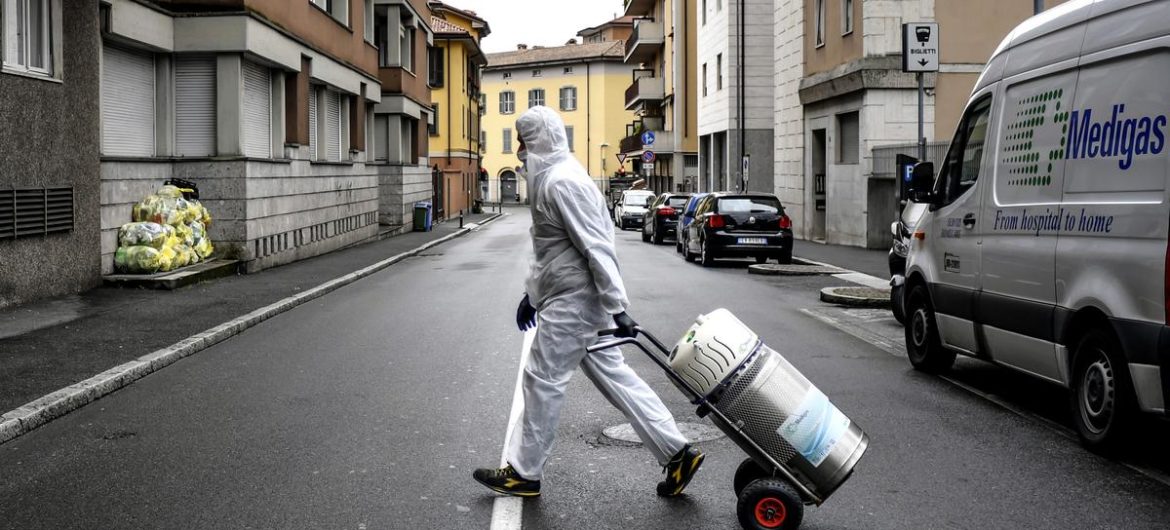The World Health Organisation (WHO) said that over the past few weeks and months the number of confirmed Covid-19 cases and deaths has escalated dramatically, and in a few days the number of confirmed cases will surpass one million.
“The number of deaths has more than doubled in the past week,” said WHO director-general Tedros Adhanom Ghebreyesus during a media briefing on Tuesday.
As it stands, the virus has reached 949,750 confirmed cases and 48,259 deaths across the world.
“As we enter the fourth month since the start of the Covid-19 pandemic, I’m deeply concerned about the rapid escalation and global spread of infection,” he said.

Picture: Motswari Mofokeng/African News Agency(ANA)
“Over the past five weeks, we have witnessed a near exponential growth in the number of new cases reaching almost every country, territory and area. The number of deaths has more than doubled in the past week.
“In the next few days, we will reach one million confirmed cases and 50,000 deaths,” he said.
Tedros said many developing countries will struggle to implement social welfare programmes in the face of the pandemic, but said broad and expedited agreement on debt relief is essential to enable them to care for their people and avoid economic collapse.
“Countries are asking people to stay home and shutting down population movement to limit Covid-19 transmission. These steps can have unintended consequences for the poorest and most vulnerable. I call on countries to ensure these populations have food and life essentials during the crisis.”

Picture: Motswari Mofokeng/African News Agency(ANA)
Tedros emphasised the need for developing countries where there have been fewer reported cases – including countries in Africa, Central America and South America – to have support in order to both prevent infections and also stop the economic, social and political collapse that could accompany outbreaks.
“It’s critical that we ensure these countries are well equipped to detect, test, isolate and treat cases and identify contacts,” Tedros said. “I’m encouraged to see that this is occurring in many countries despite limited resources.”
Tedros added that the respiratory virus is still very new and they are learning about it all the time, hence even their advice will keep changing.

“As the pandemic evolves, so does the evidence, and so does our advice. But what doesn’t change is WHO’s commitment to protecting the health of all people, based on the best science, without fear or favour.”
-ANA




